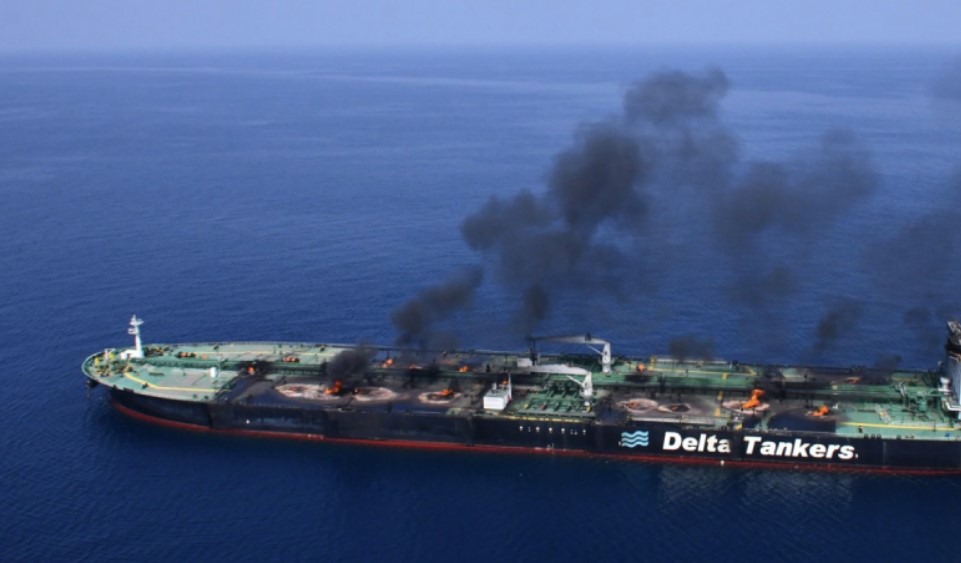The U.S. Central Command (CENTCOM) has been leading the rescue efforts.
Others are reading now
A massive oil tanker under a Greek flag, the “Sounion,” was attacked by Houthi rebels off the coast of Yemen on August 21, igniting fires onboard and prompting an urgent international rescue operation.
U.S. Leading the Rescue
The ship, carrying 150,000 tons of crude oil, was hit by projectiles launched by the Iran-backed insurgents, who later detonated explosives onboard, causing several fires to break out, according to Ziare.
The U.S. Central Command (CENTCOM) has been leading the rescue efforts to prevent what could become a significant environmental catastrophe in the Red Sea. According to CENTCOM, the fires are still burning on the main deck of the tanker, but there are currently no visible signs of an oil spill.
The European Union’s Aspides mission, launched to protect commercial vessels from Houthi attacks, is providing security for the tugboats involved in the rescue. The Aspides mission, initiated in February, is primarily defensive but is authorized to use force if necessary to protect ships in the region.
Also read
Crew Safely Evacuated
The 25-member crew of the Sounion, consisting of 23 Filipinos and two Russians, was safely evacuated the day after the attack by a French frigate participating in the EU mission.
The Houthi rebels, who control significant portions of Yemen, have frequently targeted vessels they suspect of being linked to Israel, claiming to act in solidarity with Palestinians in Gaza. These attacks have severely disrupted global trade routes through the Red Sea, leading the U.S. to form an international maritime coalition to counter the threat.
In addition to the Sounion, two other tankers—Amjad, under the Saudi flag, and Blue Lagoon I, under the Panama flag—were also attacked by the Houthis on the same day. The U.S. military condemned these attacks as “reckless acts of terrorism.” Despite the damage, both ships managed to continue their journeys without significant harm or casualties.


